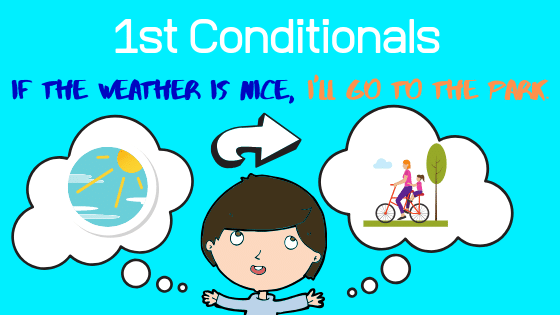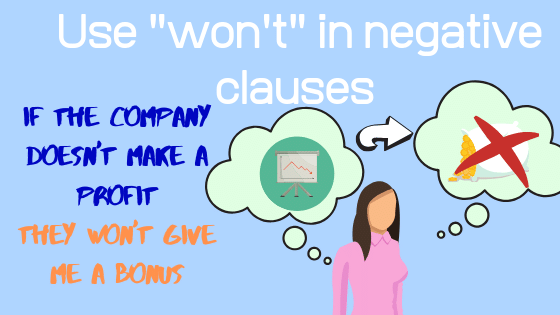To form the zero conditional structure formed we use the present tense in both
the condition and result part of the sentence. As mentioned before, these parts
can be arranged with either the condition coming first and the result second, or
the result coming first and the condition second:

Using “When” instead of “If” in zero conditionals
Note: Since zero conditionals describe general truths, things that happen all
the time, you can also use “when” instead of “If” in the condition part of the
sentence, with the meaning remaining the same.
For example :
If the temperature is 0°C, it snows.
[condition] [result]
Has the same meaning as:
When the temperature is 0°C, it snows.
[condition] [result]

Using adverbs of frequency to modify the certainty of the result
Zero conditional structures are used to talk about results that happen depending on the conditional or “if” clause. Sometimes we need to change the certainty of the second action with an adverb of frequency.
Here are some examples:
If it rains, I always take an umbrella
When the sun shines in Spain, the weather is usually hot.
I never take the train if the busses are running on time.
When I find a good series on Netflix, I often binge watch all weekend!




